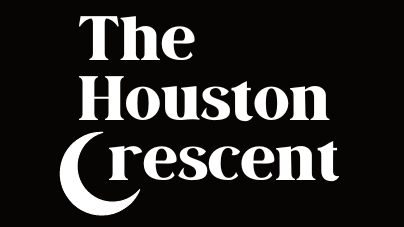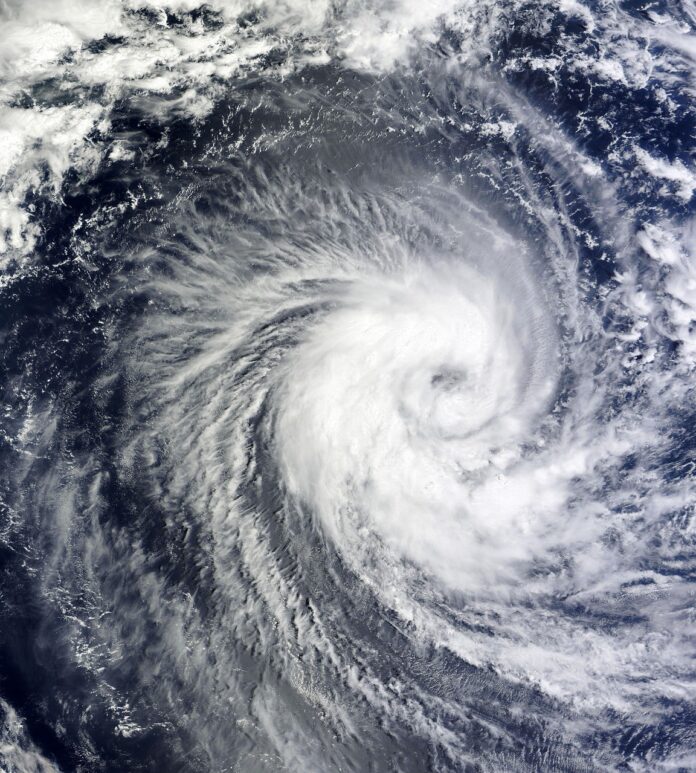Written by Wanya Zafar
I packed my bag and headed to the third location of my five-day exile from my house, hoping and praying for the mess of a power outage to be over. Hurricane Beryl, which hit Houston in July 2024, left a trail of destruction, leading to power outages, flooded streets, and damage across the city. Businesses and homes were left without electricity for days as temperatures soared in the hot summer of Houston, forcing many to seek shelter in cooling centers.
Despite the fact that I am fortunate enough to live in the affluent neighborhood of Bellaire, my house lost power for five days. Our family was forced to throw out fridges stocked with food, rearrange weeks’ worth of work, and struggle to find an air-conditioned place to stay. We were lucky enough to be welcomed by two of our family friends, and yet we still had to add an extra night at a hotel due to the unexpected amount of time it took for our house’s power to come back. Even then, I couldn’t help thinking of all the less fortunate families out there, melting through the hot summer nights, and feeling extra grateful.
Among those hit hardest were minority communities, including Houston’s Muslim population. Al-Noor Mosque, a central hub for the Muslim community, played a pivotal role in helping people in need. The mosque opened its doors to provide around-the-clock shelter, food, and water to thousands affected by the storm. The community, already facing the brunt of the storm’s damage, especially with small businesses in Houston’s South Asian Mahatma Gandhi District, found a lifeline in the support offered by the mosque.
While mosques like Al-Noor offered spiritual and practical care, challenges did not end. Many business owners faced significant financial losses and were frustrated with the delayed disaster response from the city and utility providers. For Houston’s Muslim community, however, the storm highlighted the resilience and mutual support within their network.
Leaders like Zahoor Gire, Al-Noor’s executive director, emphasized the importance of community-driven relief efforts. They also pointed out the need for more assistance from city officials and organizations, as the mosque’s resources were stretched thin, having to rely heavily on donations. The mosque continues to serve as a haven for those recovering from the storm, with a focus on long-term relief for affected families and businesses.
Hurricane Beryl underscored the essential role local institutions play in disaster relief, especially when traditional emergency services are overwhelmed. For Houston’s Muslim community, mosques like Al-Noor became more than just places of worship—they were centers of refuge, resilience, and recovery during a time of crisis.
Sources:
Hurricane-beryl-al-noor-mosque-open-doors-to-shelter-community


